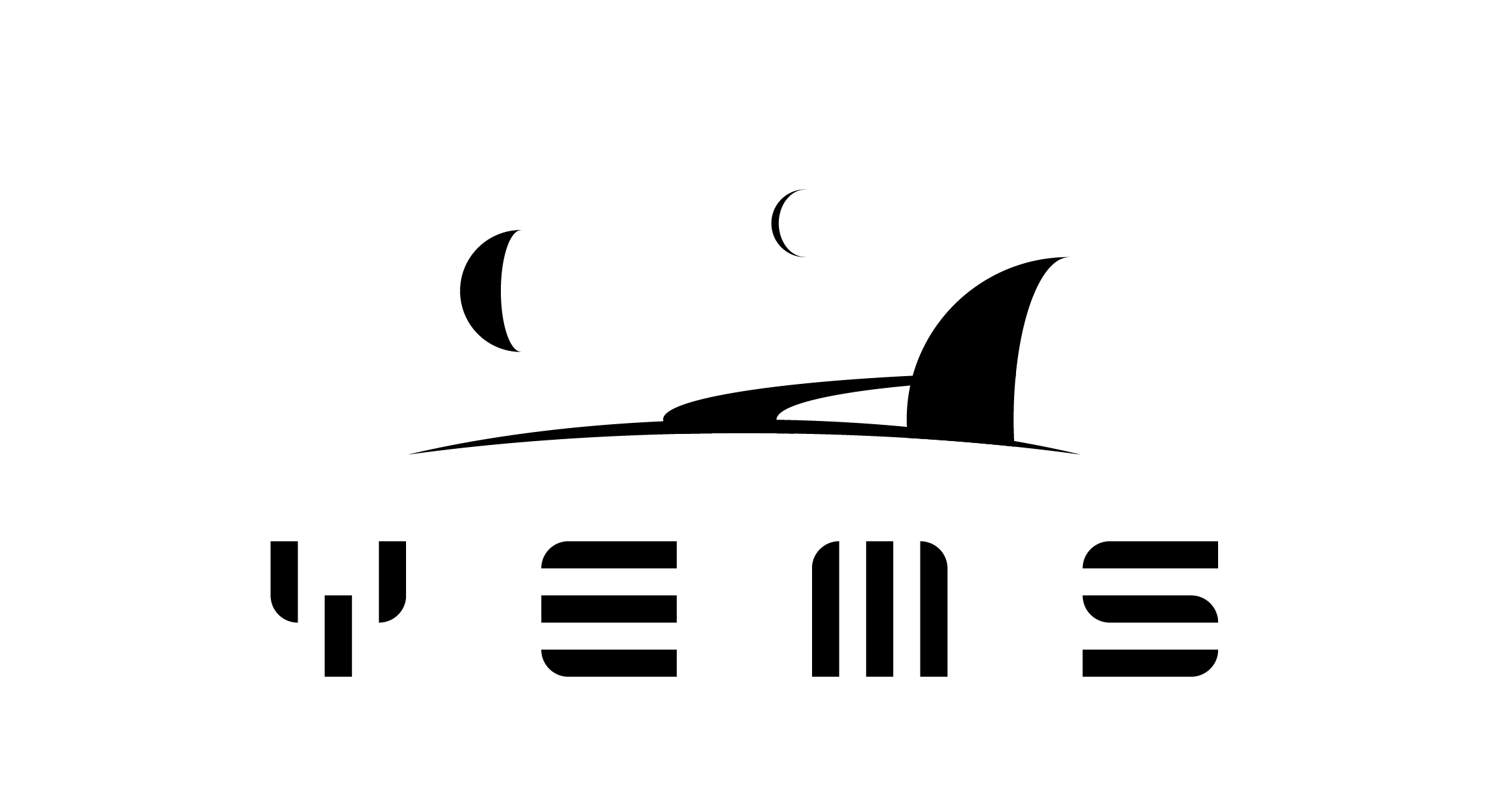The mission of the Millennium Nucleus on Young Exoplanets and their Moons (YEMS) is to promote research through interdisciplinary connections between astrophysics and informatics engineering. The Center will create bridges to explore the multidisciplinary nature of these disciplines.
About us
Mission and philosophy
Expectations of YEMS members
All YEMS members are expected to have a genuine passion and fascination with the scientific questions which drive the center. YEMS members are expected to recognize the importance of self-care, recognizing that our minds and bodies are our windows to the universe. YEMS members should support each other in this process and recognize every individual's unique struggles. YEMS members should respect and listen to one another. There are no bad ideas, and our task is to identify the most promising research avenues. We recognize that creativity is the most important ability of a scientist and foster it through open discussions. However, we also recognize that creativity alone is wasted without investing the time and energy necessary to realize our ideas. We are willing to fail and take risks, acknowledging that not every venture can succeed but that this process is fundamental to scientific advances. YEMS members are expected to acknowledge the great importance of presenting results with a commitment to clarity and transparency and to nurture their own unique style of expression. YEMS members are encouraged to engage in public outreach and science communication in whatever form they prefer.
All YEMS members are expected to follow the Iniciativa Científica Milenio's manual for acknowledgements in works and publications. In publications, this involves including YEMS as affiliation and as an acknowledgement. For example, a paper including a YEMS member must include
Millennium Nucleus on Young Exoplanets and their Moons (YEMS)
as one of their affiliations, and also include the following text in the acknowledgement section
This work was funded by ANID --Millennium Science Initiative Program-- Center Code NCN2024_001.
If you are not sure whether the YEMS affiliation and acknowledgement apply to your work, please ask your closest YEMS PI and/or the YEMS directors.
Code of Conduct
By participating in research or outreach activities with the YEMS Nucleus, all group members agree to the following code of conduct.
The Center is dedicated to providing a harassment-free, safe environment for everyone, regardless of race, nationality, religion (or lack thereof), gender identity and expression, sexual orientation, disability, age, politics and appearance. Harassment of group members is not tolerated in any form.
Harassment includes, but is not limited to:
- Verbal comments that reinforce social structures of domination
- Sexual imagery or language
- Racially charged language or jokes
- Deliberate intimidation, stalking, or following
- Inappropriate physical contact
- Unwelcome attention, including photography and recording
- Sustained disruption of talks (e.g. interrupting or talking over another person to an unnecessary degree)
- Advocating for or encouraging any of the above
YEMS members are expected to adhere to the code of conduct during all academia-related activities, such as presentations at universities or other institutes, attending conferences, public education events, and posting on personal and institutional social media accounts.
If you are being harassed, notice that someone else is being harassed, or have any other concerns, please contact the YEMS director Prof. Sebastián Pérez (sebastian.perez.ma@usach.cl) and sub-director Prof. Alice Zurlo (alice.zurlo@mail.udp.cl). If Prof. Pérez and/or Prof. Zurlo are the cause of your concern, please contact Prof. Lucas Cieza (lucas.cieza@mail.udp.cl) and Prof. Carla Hernandez (carla.hernandez.s@usach.cl), who have agreed to mediate. All reports will be confidential. All reported cases will be taken seriously. If you submit a report you will get a response that your report has been received and within 30 days you will get a response of the actions or process of all parts of the investigation that are not confidential.
Please contact your university's authorities for concerns that need to be addressed at a higher level.
A variety of steps can be taken by those responsible for the investigation. Subject to appropriateness and relevance, these may include:
- verbal warning and a chance to remedy their behavior,
- formal written warning,
- requirement to make use of coaching or other professional counseling opportunities,
- transfer to a different project, task or location
- dismissal from the nucleus
- filing a criminal complaint.
This code of conduct was adapted from the Cool Worlds Lab group's code which in turn was adapted from Dr Lia Corrales group's, which, in turn, was adapted from the Data Exploration Lab's code. We also borrowed some ideas from the Deep Sky Lab Terms of Collaboration (private communication).
